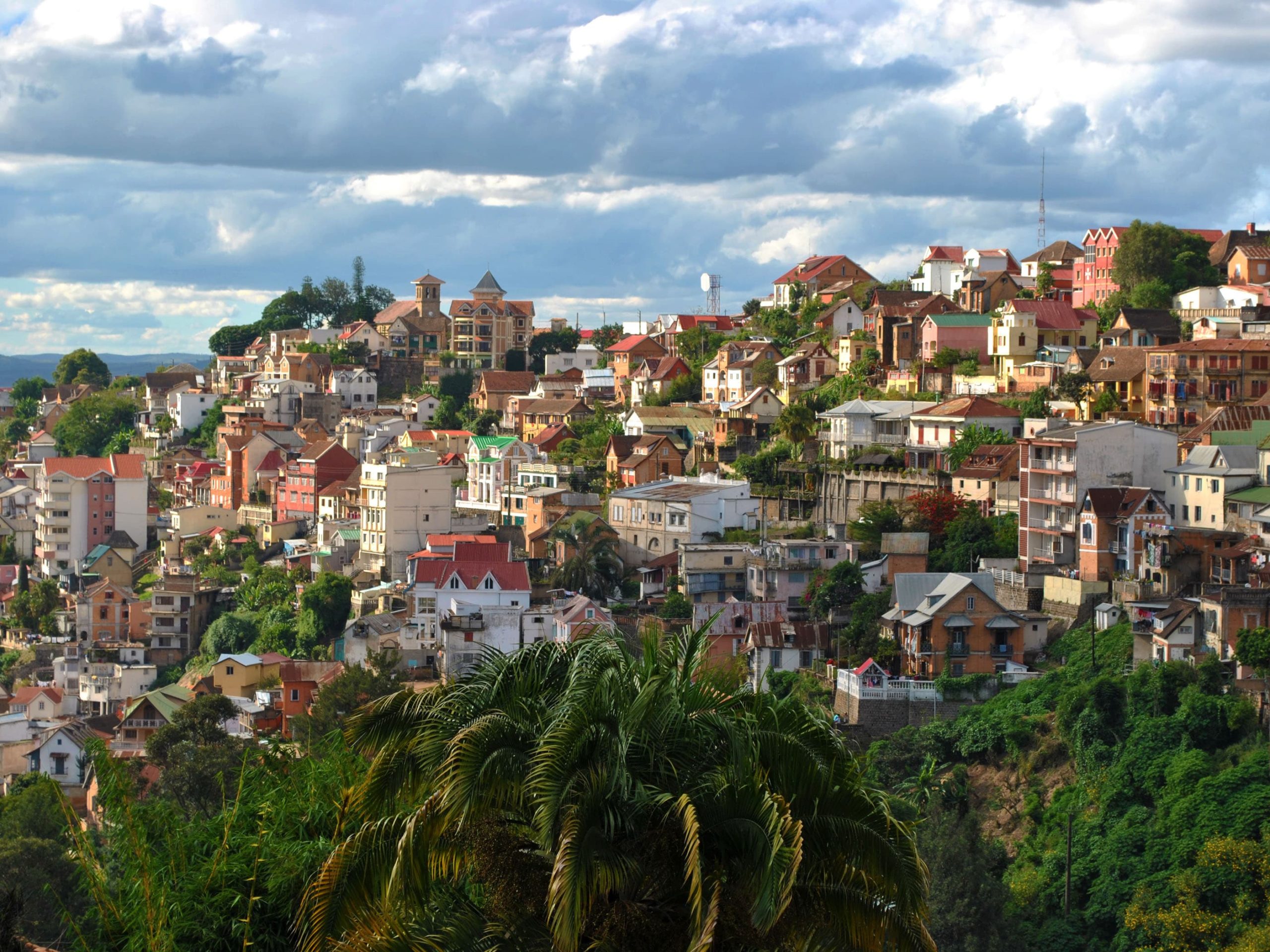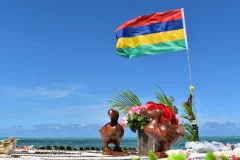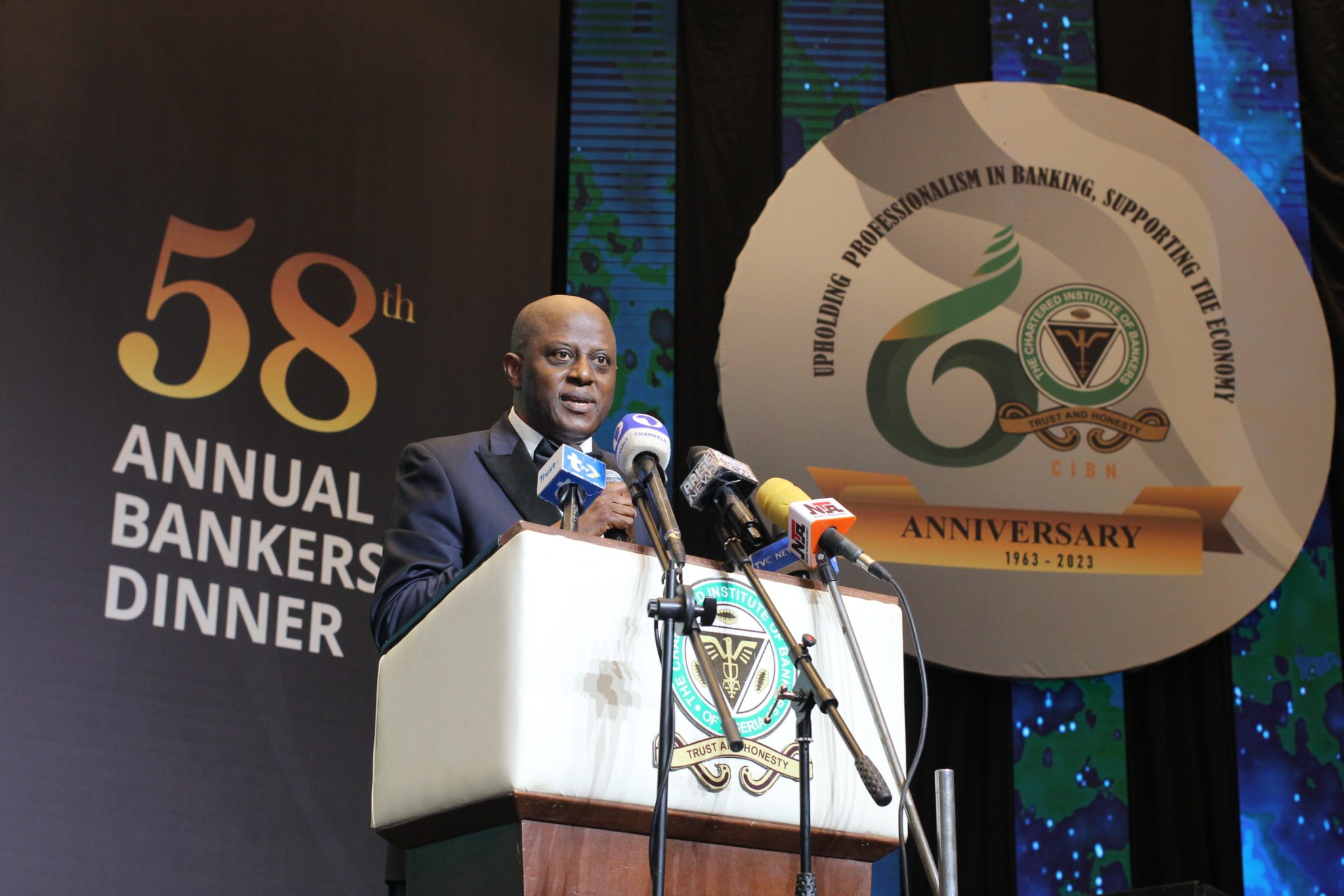Despite having a few startups that have managed to raise funding and expand their operations beyond the island, Madagascar still does not have what one can describe as a vibrant startup ecosystem. TechCabal spoke to some ecosystem players to understand the country’s challenges in trying to establish an ecosystem and the efforts to address them.
The island nation of Madagascar is more famous for the 2005 DreamWorks Animation movie “Magadascar” and the subsequent spinoffs than for its startup ecosystem. A quick Google search of the country yields more results about the movie than any startup activity. Despite being the fourth largest island in the world with a population of over 28 million, Madagascar has not found success in getting its tech ecosystem off the ground—not for a lack of effort.
Matina Razafimahefa, co-founder and CEO of SAYNA, an edtech and freelancing platform, told TechCabal that Madagascar’s tech scene has not taken off because of several reasons including a lack of access to capital. “In Madagascar, the tech businesses you find are internet cafes and IT consultancy,” he said.
In April 2022, SAYNA closed a $600,000 funding round backed by Orange Ventures, Launch Africa Ventures, and MAIC Investors Club. SAYNA’s core product is a mobile video game designed to teach digital professions. It uses algorithms to automatically connect learners to IT micro-tasks requested by international companies. The startup has already trained 3,000 students, with a goal to reach 10,000 by the end of the year.
“SAYNA, with its focus on soft skills training, mentorships and a peer-to-peer learning environment, stands a good chance of becoming a direct gateway to projects, experience, and income for youth across the African continent,” said Zachariah George, managing partner of Launch Africa Ventures, after the fundraising.
In Q1 of 2023, venture capital tracking platform MAGNiTT reported that another Malagasy startup, WeLightAfrica, which provides solar energy solutions to rural dwellers, raised $20.6 million in equity funding in January. The startup also raised $13.6 million in debt, perhaps signalling the beginning sort of renaissance of the country’s fortunes in establishing a startup ecosystem.
According to Emmanuel Cotsoyannis, director general at Miarakap, an impact investment fund dedicated to backing SMEs and startups in the country, the reason it has been difficult to ignite an ecosystem in the country is that most of the economic activity is centralised in the capital Antananarivo and focuses on providing basic needs, making it difficult to identify startups that can scale.
Despite the unfavourable market conditions, Miarakap has backed some startups in the country, including Supermarche.mg, a home delivery startup founded in 2018 by Manitra Andriamitondra. According to Cotsoyannis, Madagascar’s large swathe of software engineering talent, backed by proper funding and an enabling environment in terms of policy, can change the country’s fortunes in establishing a startup ecosystem. Unfortunately, those two vital factors have not been developing fast enough, which has seen the innovation gap being filled by tech conglomerates who develop their innovations in-house. Some of these include Axian Group, one of the country’s largest companies which builds fintech, e-commerce, and energy inclusion products.
“We have a long-lasting tradition of software engineering in Madagascar that began in the 1980s through the policies of the then administration and has carried on since. We produce thousands of talent annually but most of them understandably choose the employment route either in government or private sector tech companies because chances of building a successful startup are unfortunately not that very inspiring,” Cotsoyannis told TechCabal.
How to accelerate the growth of the ecosystem
According to Harinjaka Ratozamanana, former CEO of one of the country’s foremost innovation hubs, as well as former general director at the ministry of industry, catalysing the tech startup ecosystem in Madagascar would have to first start with the government creating an enabling environment for the success of startups through the requisite policies.
“At the government level, we don’t have policies that foster and promote innovation and entrepreneurship like how some countries like Rwanda do. This dampens the motivation for young people to pursue the path of tech entrepreneurship because why gamble your livelihood by going the risky entrepreneurship when so many odds are stacked against you and you cannot rely on the government to support your path,” Ratozamanana told TechCabal.
In the private sector, Ratozamanana believes that making early-stage capital available to aspiring tech entrepreneurs through venture capital funds is key to driving the country into an epoch of innovation.
“There is a significant number of young people who have ideas that can address some of the country’s most pressing social-economic issues including poverty and unemployment but they do not have the capital to even start. Traditional financing mediums like banks are obviously not an option so we need more venture capitalists to make bets on these young people,” he added.
Cotsoyannis, however, believes that the key to unlocking Madagascar’s tech startup ecosystem is through making dedicated efforts to address issues like a highly concentrated demographic and the lack of a formalised economy which comprises mostly of informal trading, agriculture, industry, and traditional services. Addressing these bottlenecks, according to him, with support from development finance institutions, will be key to creating an enabling environment which would allow the country’s startup ecosystem to take off.
In May, the World Bank, with contribution from the Agence Française de Développement (AFD), approved a $227 million loan package to the country. However, the core focus of the funding will be to support the increase in productivity and strengthening the resilience of rural livelihoods, not fostering innovation.
“Madagascar is one of the least advanced economies in the world with a GDP of less than $12 billion concentrated in a handful of industries. This situation makes it hard for VCs to identify startups that can make very significant returns on investments. Putting funds from the likes of the World Bank and the French Development Agency into addressing these will be key because, after that, the fact that we have large amounts of technical talent can help accelerate the rate of innovation in the country,” Cotsoyannis tells TechCabal.
As a founder who eventually went on to raise funding for her startup, Razafimahefa is one of the very few success stories to come out of the still very nascent Malagasy ecosystem. In her opinion, beyond just creating an enabling environment through requisite policies like open banking, and availing capital to burgeoning innovators through VCs, government, and DFIs, there is also a need to educate Malagasy innovators that they can build for more than just Madagascar.
“Of course, some industries in the country like agriculture, education, insurance, commerce, financial services, and many others are ripe for disruption but entrepreneurs don’t have to only think about building for Madagascar. The internet has no borders,” Razafimahefa todl TechCabal. “We need to inspire our entrepreneurs yes, build products that address the country’s socio-economic issues, but also have the ability to scale internationally. I think maybe some entrepreneurs are scared of that because of fear of failure but failure is really just part of the entire process and we need to educate our people to embrace it and keep building,” she added.
Madagascar’s expansive geography, significantly large population, vibrant informal sector, as well as a wide array of technical talent, might be viewed by some innovators as more of an opportunity than a hindrance. Success stories like WeLightAfrica, SAYNA, and Supermarche.mg are perhaps evidence that it is very much possible to have a vibrant ecosystem.
However, as much as it is great to be optimistic and always see the glass as half full, it is also wise to be wary of the impediments that stand in the country’s way of having an active ecosystem. An unfriendly regulatory environment, mostly poor population, and lack of early-stage funding, are all factors that innovators have to take into consideration when trying to break into the market.
Through an amalgamation of efforts by government, and financiers like DFIs and VCs, it is possible to address these identified bottlenecks and in the process unlock much value in the Malagasy ecosystem, as the aforementioned startups have shown.
With enough effort in the next few years, when Googling Madagascar, perhaps this author will be met with news of several unicorns in the country, instead of pictures of King Julien the lemur, Alex the lion, Gloria the hippo, Marty the zebra and the “Penguins of Madagascar”.





















